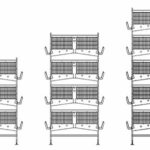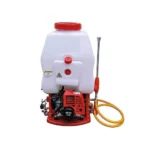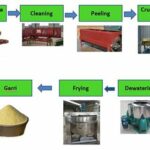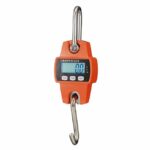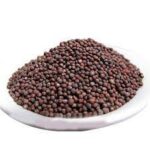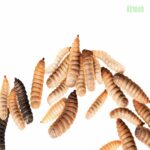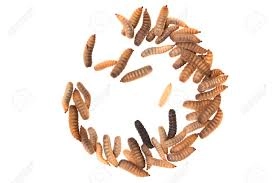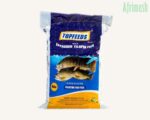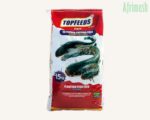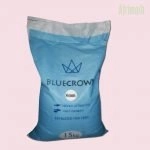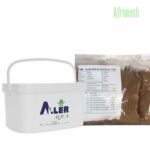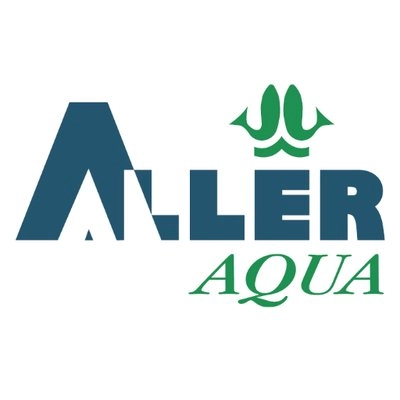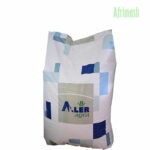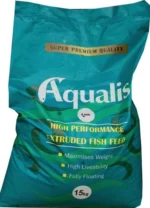Fish feed
Black Soldier Fly Larva Meal (Maggots | Sold Per Gram) (Delivery within South-West only)
Rated 0 out of 5
₦800.00
0 out of 5
TopFeed Omega Fish Feed (Floating Feed Pellets for Tilapia | 4.5mm | 6mm | 9mm) – 15kg
Rated 0 out of 5
₦9,025.00 – ₦9,750.00
0 out of 5
TopFeed Aqua Fish Feed (Floating Feed Pellets for Catfish | 2mm | 3mm | 4.5mm | 6mm | 9mm) – 15kg
Rated 0 out of 5
₦10,575.00 – ₦12,400.00
0 out of 5
BlueCrown Extruded Fish Feed (2mm | 3mm | 4mm | 6mm | 9mm | 15kg)
Rated 0 out of 5
₦19,500.00 – ₦26,610.00
Aller Infa Ex (0.1mm | 0.2mm | 0.4mm | 6kg Fry Feed | 64% CP)
Rated 0 out of 5
₦27,350.00 – ₦27,400.00
0 out of 5
Aller Claria Float (2mm | 3mm | 4.5mm | 6mm | 8mm | 15kg Feed for Growers)
Rated 0 out of 5
₦27,400.00 – ₦29,400.00
0 out of 5
Aqualis Extruded Catfish Feed (2mm | 3mm | 4mm | 6mm | 9mm | 15kg)
Rated 0 out of 5
₦29,350.00 – ₦34,110.00

